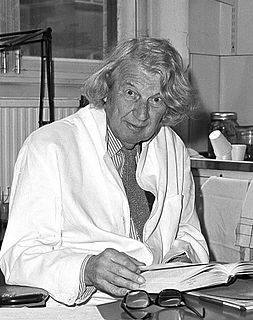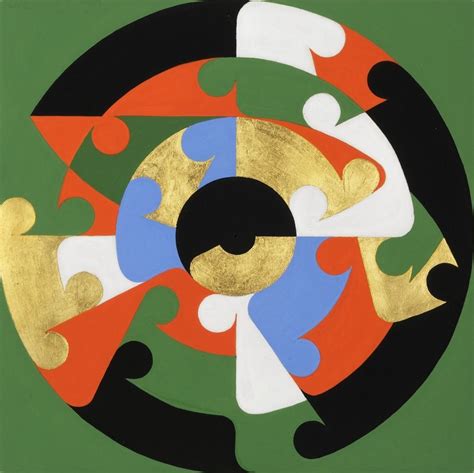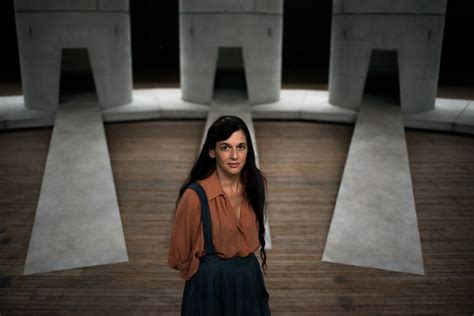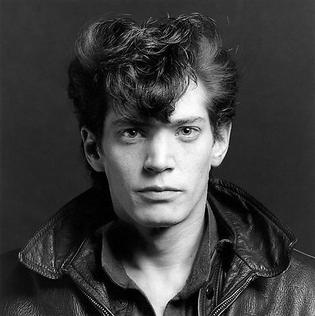A Quote by Luke Davies
It's not that photography recaptures the world you have been in; more that it creates a new one: photographs are like Post-It Notes reminding us of the deep architectonic forms of space and thought.
Related Quotes
I didn't do well in high school, but I took photography, and I loved being able to capture moments. It led to more and more photography, and fashion was the angle into photography for me. It was incredible to see photographs by Irving Penn or Helmut Newton. I was really intrigued by that, and that's what led me to New York City.
No ideology can help to create a new world or a new mind or a new human being -- because ideological orientation itself is the root cause of all the conflicts and all the miseries. Thought creates boundaries, thought creates divisions and thought creates prejudices; thought itself cannot bridge them. That's why all ideologies fail. Now man must learn to live without ideologies religious, political or otherwise. When the mind is not tethered to any ideology, it is free to move to new understandings. And in that freedom flowers all that is good and all that is beautiful.
Each full, deep inhale creates more space in your body and mind. Each long, exhale moves you directly into that space. The deeper you breathe, the more opens up. It's like opening a door and walking through with each breath. The fuller your breaths the more and more doors open on up, leaving you with the space to walk on in!
It is photography itself that creates the illusion of innocence. Its ironies of frozen narrative lend to its subjects an apparent unawareness that they will change or die. It is the future they are innocent of. Fifty years on we look at them with the godly knowledge of how they turne dout after all - who they married, the date of their death - with no thought for who will one day be holding photographs of us.
There is a case for saying that the creation of new aesthetic forms has been the most fundamentally productive of all forms of human activity. Whoever creates new artistic conventions has found methods of interchange between people about matters which were incommunicable before. The capacity to do this has been the basis of the whole of human history.
The photographs of space taken by our astronauts have been published all over the place. But the eye is a much more dynamic mechanism than any camera or pictures. It's a more exciting view in person than looking at the photographs. Of course, I personally am sick and tired of hearing people talk like that: I want to see it myself!
The future is about wings and wheels and new forms of space transportation, along with our deep-space ambition to set foot on another world in our solar system: Mars. I firmly believe we will establish permanence on that planet. And in reaching for that goal, we can cultivate commercial development of the moon, the asteroid belt, the Red Planet itself and beyond.
Documentary photography is becoming more illustrative as people become more familiar with photography’s limitations and vulnerabilities. Reality has always been interpreted through layers of manipulation, abstraction, and intervention. But now, it is very much on the surface. I like this honesty about its dishonesty. Every photograph has many truths and none. Photographs are ambiguous, no matter how seemingly scientific they appear to be. They are always subject to an uncontrollable context. This is a tired statement, but worth repeating.






































